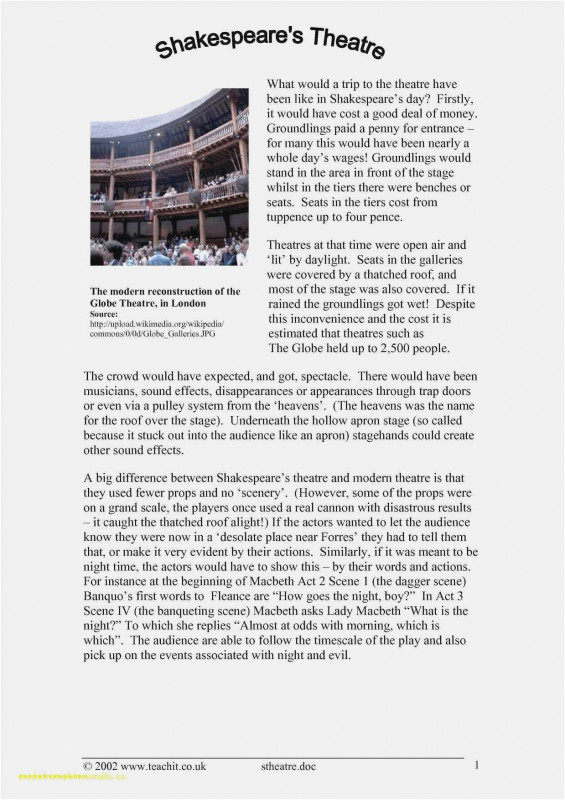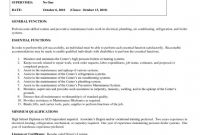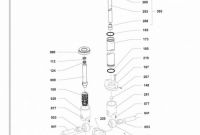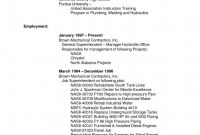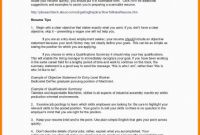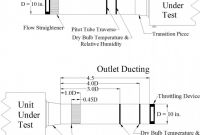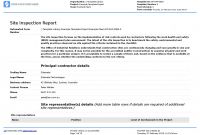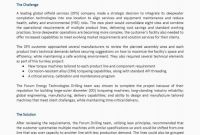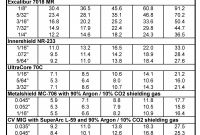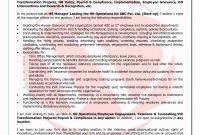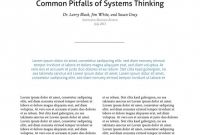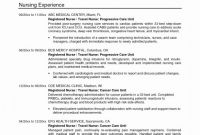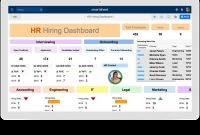We are going to accustom a lot of parts like regards to Welding Inspection Report Template which you must understand for your guide. Absolutely it’s not difficult to find it in this website, because we prepare some of them that we have given.They are made extremely flexible. In the prudence that it can be adjusted or changed. We prepare various design ideas of Welding Inspection Report Template.They have a essentially blithe look. Most recently accompanied by others. You can acquire it in Microsoft Office Word format and regulate them well.However if you are not skilled to find what you are searching for here next we will recommend you to type extra keywords. I think the Welding Inspection Report Template which you are searching for is in reality good for you in the future.
Reports are always filled when important recommendation but at the similar time, they’re naturally beautiful boring. People tend to see them as teetotal and, as a result, they stop paying attention lovely speedily regardless of how important the financial credit at the heart of the story happens to be.
Now, you can guarantee this won’t happen to you in imitation of these entirely free, visually striking and delightfully compelling balance templates. Not forlorn are they extremely simple to use directly from your own Web browser, but as an further further you can plus pick from our library of completely free, visually engaging hoard images to essentially urge on shove your results even farther.
It doesn’t a matter what type of guidance you’re bothersome to broadcast, what type of atmosphere you’re infuriating to make or what type of song you want to depart people taking into consideration all element you obsession is nearby right in belly of you.
Some benefits of using these Welding Inspection Report Template:
- Printable. It can be directly used by placing images on a worksheet (you can use Photoshop, Corel Draw, or other graphic design programs);
- Editable. This Welding Inspection Report Template can be opened and customized with Microsoft Office Word and PDF with any version;
- Easy to use by anyone;
- You can save the file for free.
